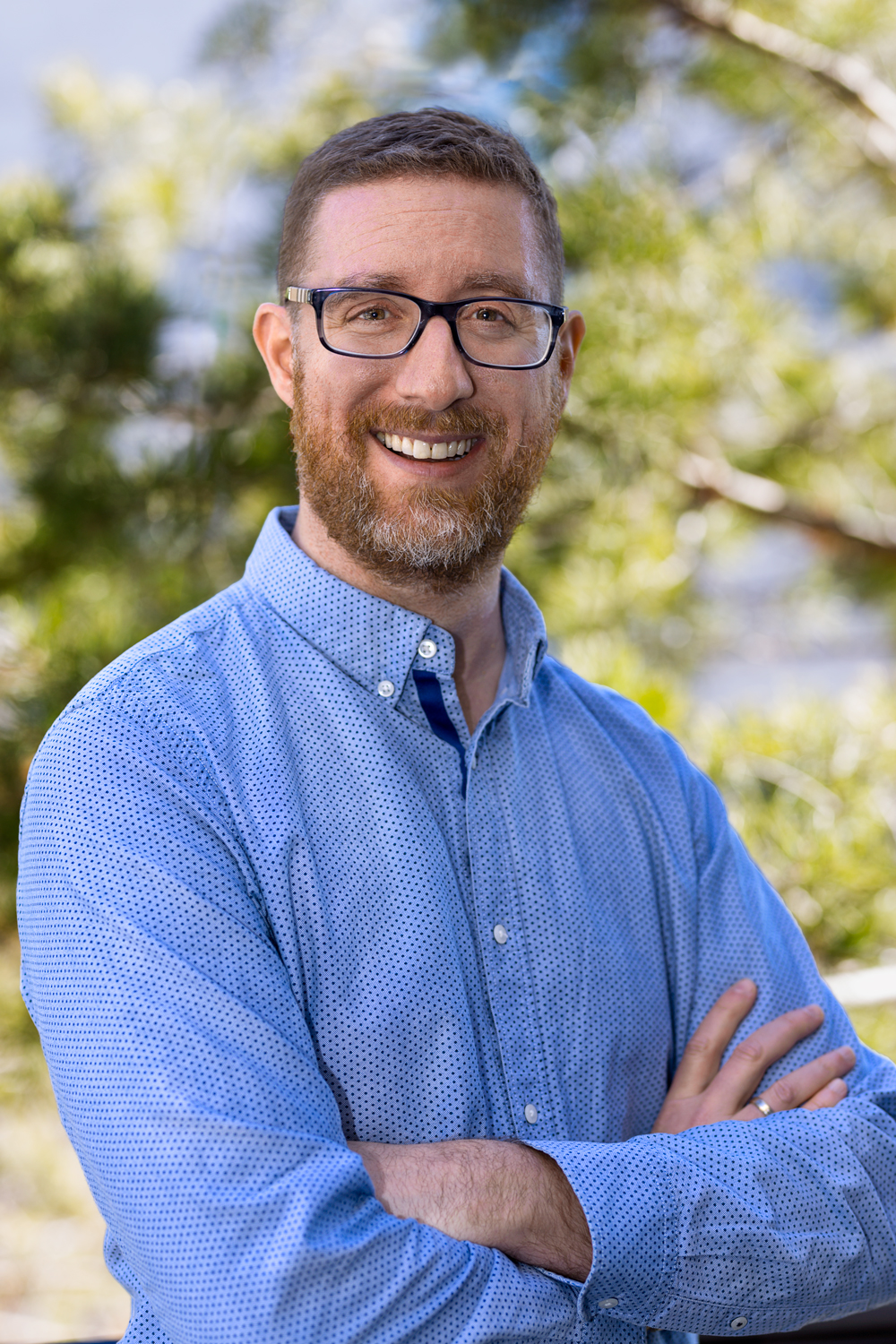University of Manitoba associate professor Robert Mizzi was named a Canada Research Chair (CRC) in queer, community and diversity education last fall.
Mizzi was awarded a Tier 2 CRC, including a Social Sciences and Humanities Research Council (SSHRC) grant of $500,000 over five years, to continue his work in anti-homophobia and anti-transphobia educational programs in order to create safe, inclusive workplaces and schools.
He explained that educational research can look very different for different people, especially for academics interested in LGBTTQ* topics. Some choose to focus on adjusting curriculum to represent students, while others work on leadership practices within schools. Still others study pedagogy, or how to consciously teach in a way that helps foster queer identities.
“I take a bit more of a systematic approach,” Mizzi said.
“If we look at the organizational culture, the governance, the practices [and] the policies, and try to shape them to recognize and include queer and diverse identities, then we are at a greater chance for having more social transformation of […] schools in general.”
As such, Mizzi’s work focuses on adult educators rather than students themselves. His goal is to create an environment where better training for policy-makers and educators spreads throughout a given organization to directly benefit the students they serve.
“The problem is that you’ll find in workplaces and schools that they’ll just deliver to staff a one-off, three-hour workshop on LGBTQ 101 issues, and then it’s forgotten and they think that solves the problem of homophobia and transphobia in schools,” he said.
“That’s just not the case. I’d like to see a bit more thought, innovation, creativity put into these educational interventions so that more people can benefit, and this change is sustainable and it’s long-term rather than just these short-term exercises [where] it’s highly doubtful it’s making any type of impact.”
Mizzi is only the second CRC in education focusing on LGBTTQ* research, which he sees as an opportunity for the program to expand, raising awareness of diverse identities.
“There’s a whole range of communities within one community,” Mizzi said.
“I feel like since there’s only two of us in education, having Canada Research Chairs within queer people of colour, focused specifically on those struggles and how they can enrich workplaces and organizations and schools, as well as trans, non-binary and two-spirit — those are priority areas in my view, and that’s where I would like to see more action taken by the Canada Research Chair program.”
The federal nature of CRC funding means that while Mizzi plans to do most, if not all, of his research within Manitoba, he hopes other provinces will be able to learn from his work and adapt it for their own contexts.
This kind of professional information exchange has become especially valuable during the current pandemic, with schools still facing dramatic uncertainty about what their situation may look like only days or weeks in the future. Mizzi said LGBTTQ* students’ positions can be even more precarious.
“The research is still really unfolding around how [COVID-19] has affected marginalized identities, but what initial reports are showing is how there was an immediate homogenization of marginalized identity, which means that people quickly moved their courses online and that was the focus point,” he said.
“There wasn’t as much a deeper understanding about how marginalized communities will be impacted by this radical shift to online teaching and learning. So we saw students with disabilities losing out on their accommodations, for example. We saw queer students being forced to stay at home, and that may not be a safe environment for them.”
“But at the same time, I had queer students say to me, ‘Well, we now have access to a gender-neutral bathroom.’”
With years of research ahead, Mizzi encourages the U of M community to reach out with their own experiences.
“If students or faculty or staff would like to be in touch with me, to just share their stories or express their interest in working with me, they are welcome to do so,” he said.
“We can try to find some space for them in this research, whether they want to become collaborators or research participants — however they’d like to participate, we’ll find some space.”



